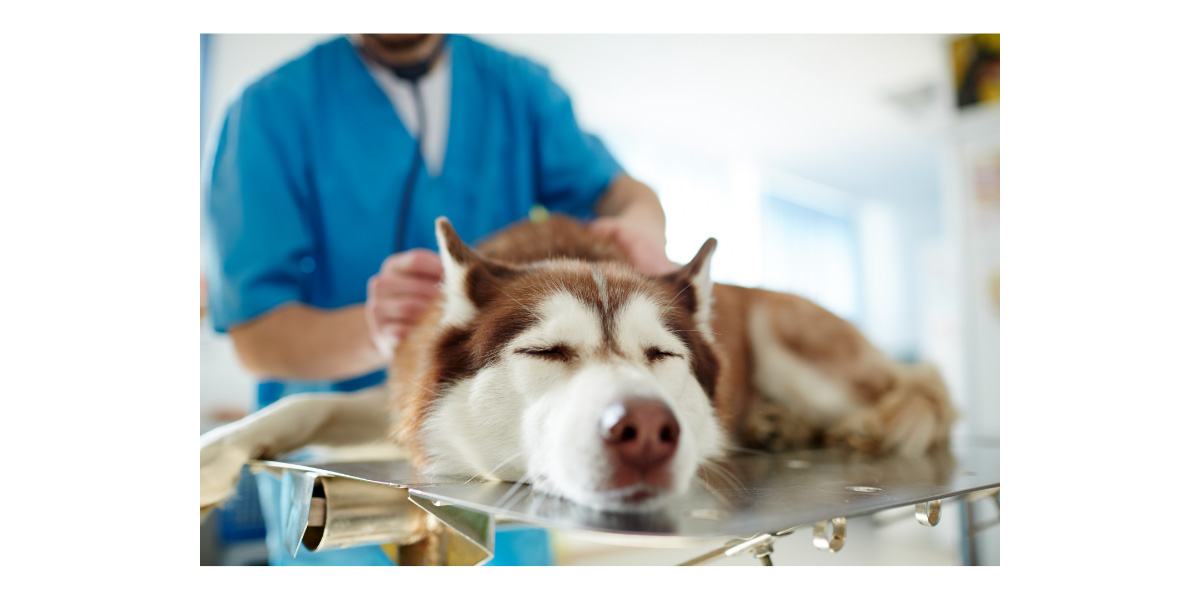
If your cat or dog is eight years or older, congratulations, you’re the lucky pet parent of a senior! Though your pet may still act like a kitten or puppy, their needs will change as they mature. In honor of National Senior Pet Month, learn what you can do to support your pet’s health and make the most of their golden years.
5 Ways to Care For Your Newly Senior Dog or Cat
1. Start going for daily walks.
Walking is a low-impact exercise that’s appropriate for most pets, though if they have a chronic health issue or struggle with joint pain, you’ll want to talk to your vet before changing their exercise routine. Walking can help strengthen muscles around the joints, help maintain a healthy weight, and even aid in blood sugar regulation. For dogs with mobility problems or cats that won’t walk on-leash, consider going for outings with a pet stroller or a pet carrier backpack. That way, your pet can still enjoy the fresh air, take in new surroundings, and make memories with you.
2. Prioritize hydration.
Dogs and cats should take in about one ounce of water per pound of body weight, so a ten-pound cat or dog should drink ten ounces of water per day. A high moisture diet helps flush out the urinary tract, preventing kidney stones and infections, improves digestion, and benefits your pet’s overall wellness. You can add warm water to kibble, switch to canned food, or add fresh foods to your pet’s diet. Talk to your veterinarian before changing your pet’s diet if your pet has digestive issues or a chronic health issue.
3. Start seeing your vet more often.
Chronic illnesses like diabetes and kidney disease can often be caught early with regular wellness exams, sometimes before symptoms even begin to show up. Early detection allows you and your vet to plan ahead, introduce lifestyle changes, and even slow the progression of certain health conditions.
4. Upgrade your pet’s bed.
While younger pets are happy to sleep just about anywhere, a senior pet’s aching joints tend to need extra support. If your pet’s bed is old, sagging, or just not supportive, consider upgrading to an orthopedic bed. In the winter, the cold can cause painful joint flare-ups, and older pets tend to have poor circulation, so they get cold more easily. Make sure your pet has plenty of soft blankets, or even a heated bed pad to keep them warm.
5. Get pet steps for tall furniture.
Jumping on and off furniture can be painful for pets with osteoarthritis, and a fall can lead to a serious injury, especially in small dogs and breeds prone to orthopedic issues like intervertebral disk disease (IVDD, aka “slipped disk,”) luxating patella, or hip or elbow dysplasia. Even if your pet doesn’t seem to mind hopping on and off the bed or couch, it makes sense to start using steps or a ramp to reduce unnecessary joint impact and injury risk.





































